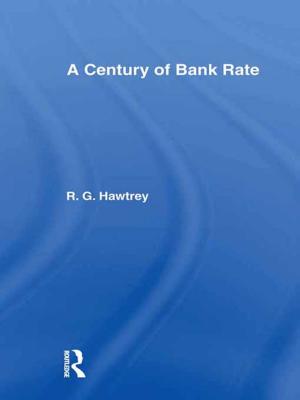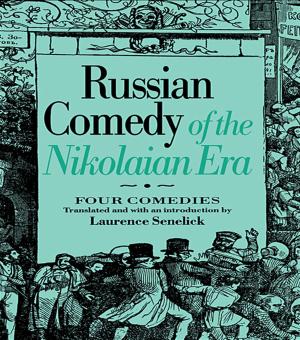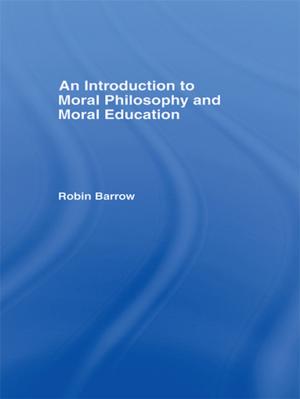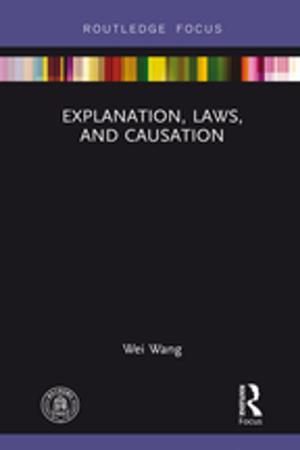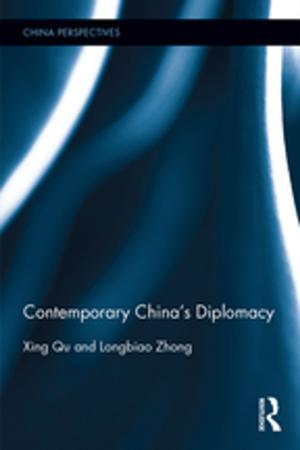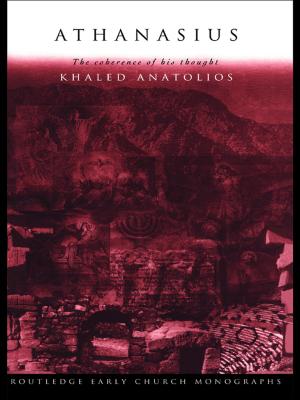Michel Foucault and Theology
The Politics of Religious Experience
Nonfiction, Religion & Spirituality| Author: | James Bernauer | ISBN: | 9781351917803 |
| Publisher: | Taylor and Francis | Publication: | March 2, 2017 |
| Imprint: | Routledge | Language: | English |
| Author: | James Bernauer |
| ISBN: | 9781351917803 |
| Publisher: | Taylor and Francis |
| Publication: | March 2, 2017 |
| Imprint: | Routledge |
| Language: | English |
Whilst Foucault's work has become a major strand of postmodern theology, the wider relevance of his work for theology still remains largely unexamined. Foucault both engages the Christian tradition and critically challenges its disciplinary regime. Michel Foucault and Theology brings together a selection of essays by leading Foucault scholars on a variety of themes within the history, thought and practice of theology. Revealing the diverse ways that the work of Michel Foucault (1926-1984) has been employed to rethink theology in terms of power, discourse, sexuality and the politics of knowledge, the authors examine power and sexuality in the church in late antiquity, (Castelli, Clark, Schuld), raise questions about the relationship between theology and politics (Bernauer, Leezenberg, Caputo), consider new challenges to the nature of theological knowledge in terms of Foucault's critical project (Flynn, Cutrofello, Beadoin, Pinto) and rethink theology in terms of Foucault's work on the history of sexuality (Carrette, Jordan, Mahon). This book demonstrates, for the first time, the influence and growing importance of Foucault's work for contemporary theology.
Whilst Foucault's work has become a major strand of postmodern theology, the wider relevance of his work for theology still remains largely unexamined. Foucault both engages the Christian tradition and critically challenges its disciplinary regime. Michel Foucault and Theology brings together a selection of essays by leading Foucault scholars on a variety of themes within the history, thought and practice of theology. Revealing the diverse ways that the work of Michel Foucault (1926-1984) has been employed to rethink theology in terms of power, discourse, sexuality and the politics of knowledge, the authors examine power and sexuality in the church in late antiquity, (Castelli, Clark, Schuld), raise questions about the relationship between theology and politics (Bernauer, Leezenberg, Caputo), consider new challenges to the nature of theological knowledge in terms of Foucault's critical project (Flynn, Cutrofello, Beadoin, Pinto) and rethink theology in terms of Foucault's work on the history of sexuality (Carrette, Jordan, Mahon). This book demonstrates, for the first time, the influence and growing importance of Foucault's work for contemporary theology.

